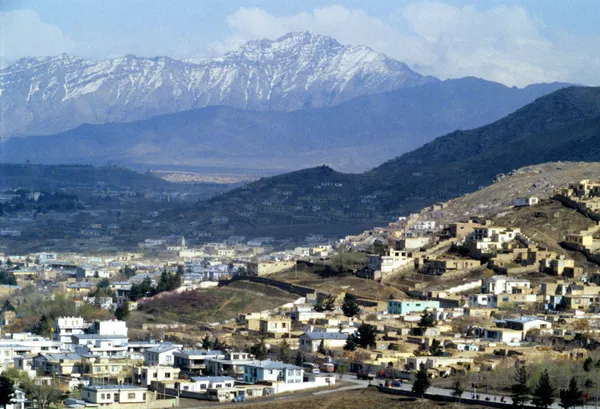Opium cultivation in Afghanistan is likely to decrease in 2010, the United Nations Office on Drugs and Crime said in a report released on Wednesday.
"There is a good chance that Afghanistan will produce less opium this year," UNODC chief Antonio Maria Costa said in a statement.
The UNODC said opium production could remain stable or decrease due to poor weather conditions, but it warned that the number of poppy-free provinces in Afghanistan could go down from 20 to 17.
"However, if timely poppy eradication measures are implemented and/or drought conditions prevail, a total of 25 provinces - an increase of five compared to 2009 - could be poppy-free in 2010."
Afghanistan produces more than 90% of the world's illegal opium, the main raw material for heroin and a major source of revenue for Afghan Taliban-led insurgency.
Afghan opium production increased dramatically after the U.S.-led invasion that toppled the Taliban in 2001, and Russia has been one of the most affected countries, with heroin consumption rising steeply.
Russia was the biggest consumer of Afghan heroin in 2008, accounting for 21% of Afghanistan's production according to the UNODC report "Addiction, Crime and Insurgency."
The report, published in October last year, said at least 70 tons of heroin were trafficked to Russia in 2008 - three times more than to the United States and Canada combined, and much more than previously estimated.
Wednesday's report on the prospects for 2010 said that although the price of opium fell over the past year, the prices for wheat and maize dropped even more, meaning farmers had less incentive to stop planting poppies.
"None of Afghanistan's licit agricultural products can currently match the gross income per hectare from opium, although the difference is not as high as it used to be some years ago," the report said.
It also said that 79 % of villages with very poor security conditions grew poppy, "while opium grows in only 7 percent of villages unaffected by violence."
"This is further proof of the overlap between high insecurity and high cultivation," Costa said.
"The message is clear: in order to further reduce the biggest source of the world's deadliest drug, there must be better security, development and governance in Afghanistan," the UNODC chief said.
Afghan opium production climbed from 3,400 metric tons in 2002 to a record 8,200 metric tons in 2007, partly because U.S. and NATO-led troops put a low priority on curbing it. Heroin flooded into Central Asia, and on to Russia.
Russia's envoy to NATO, Dmitry Rogozin, described "heroin aggression" as "the main threat to Russia," and last month Moscow urged NATO to prioritize the fight against drug trafficking in Afghanistan.
VIENNA, February 10 (RIA Novosti)




